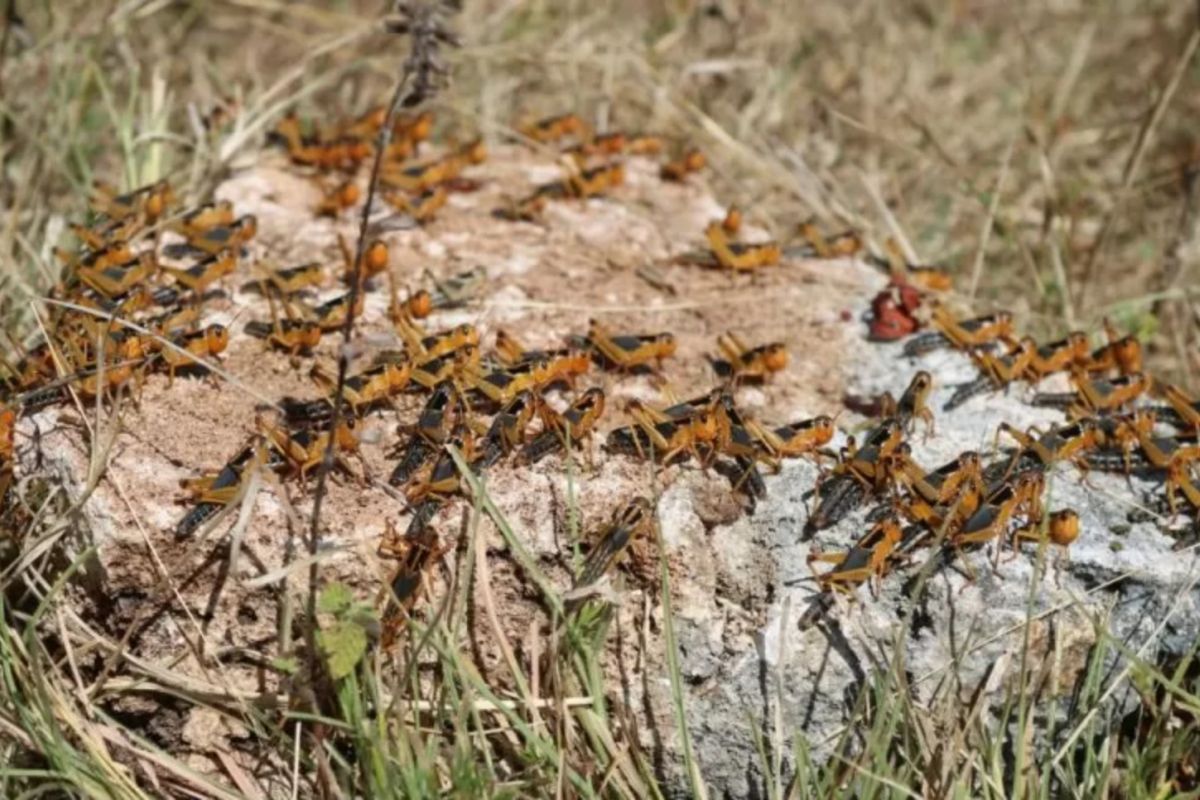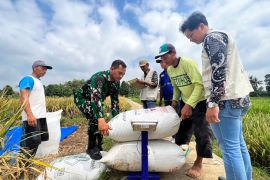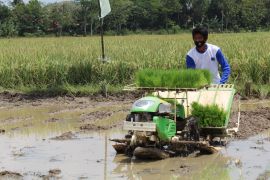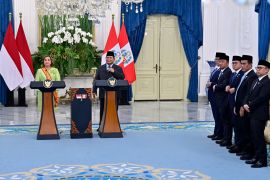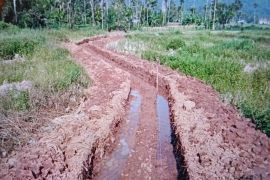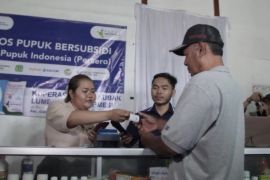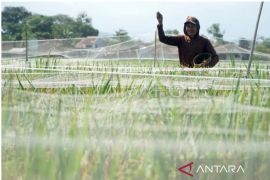"We are cooperating with FAO and Gadjah Mada University, University of Indonesia, Bogor Agricultural University, in carrying out research for tackling migratory locust pests in Sumba," Secretary of NTT Agriculture and Food Security Office Joaz Bily Oemboe Wanda said in a statement received here, Sunday.
He explained that his office, FAO, and the three universities are carrying out field research regarding migratory locusts, including their ecosystem, to support the handling.
According to Wanda, the problem of locust pests on Sumba Island is quite complex because it involves the ecosystem that is interrelated.
He noted that the habitats of migratory locusts are damp and closed areas or forests like in East Sumba District.
Certain bird species has become the predator of migratory locusts that put their population under control. However, when the population of predator birds is declining, the population of locusts rises rapidly.
"Complex conditions like this are studied in the field, including the environmental changes that cause locusts to migrate to seek new places to eat," he said.
Wanda added that migratory locusts usually attack agricultural crops, such as corn, sugarcane, and rice, sporadically at certain locations.
He stated that efforts to tackle locusts have also been made through synergy with the relevant ministry and four district governments on Sumba Island.
According to him, the provincial government also has one plant protection technical unit in Lewa Sub-district, East Sumba District, that provides and distributes pesticides.
"Steps for handling locust pests are conducted massively in the field. Thus, it is expected that in the future, the potential for damages in agricultural crops can be minimized," he remarked.
Related news: KSP underlines potential for El Nino-linked crop failure in 2023
Related news: KSP urges regions to boost superior crop production
Related news: Digitization in agriculture sector effective in reducing crop failures
Translator: Aloysius Lewokeda, Raka Adji
Editor: Sri Haryati
Copyright © ANTARA 2023
